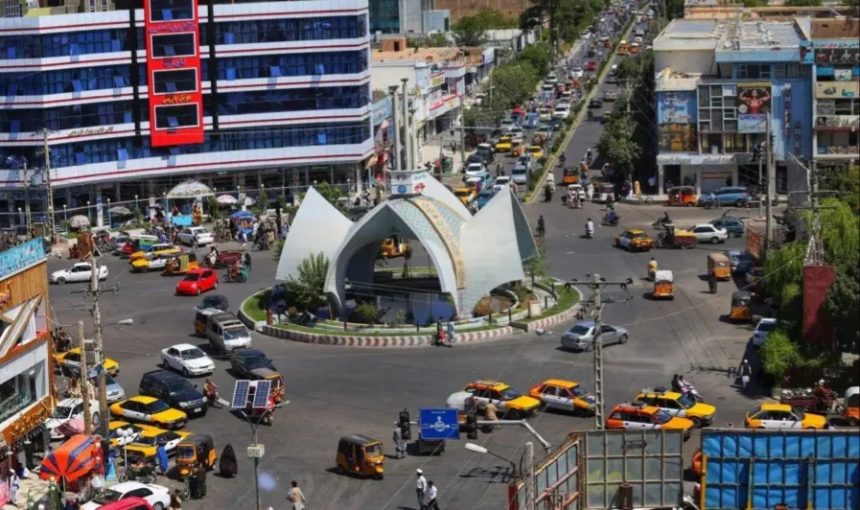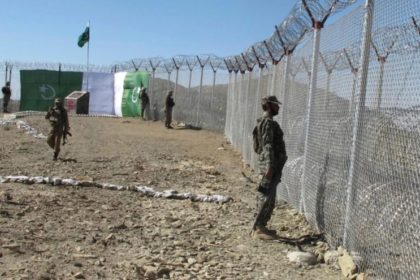RASC News Agency: Residents of Herat province in western Afghanistan claim that the suicide rates among girls and women in the region have surged by 35 to 40 percent compared to the Republic era. A reliable source in Herat, requesting anonymity, informed the RASC reporter on Monday, January 15, that recent suicides of young girls and women in the province stem from the closure of girls’ schools, universities, and educational centers, along with the cessation of women’s activities in national and international institutions.
It is mentioned that numerous young girls and women in Herat find themselves confined to their homes due to the disruption of their education, thrusting them into utter uncertainty, leading to resorting to suicide. Meanwhile, Fahima Mohibi, a women’s rights activist in western Afghanistan, affirms that the closure of schools and the denial of education force some girls into being sent forcibly to their husbands’ homes by their families.
She asserts that it can unequivocally be stated that in the past two years since the Taliban assumed power in Afghanistan, more than 60 to 80 percent of schoolgirls have been coerced into forced marriages due to the restrictions imposed by the group. Moreover, Samia Ramaz, a civil activist in Herat province, disclosed to the RASC news agency that the suicide rate has risen by 40 percent compared to the Republic era. She adds that the constraints imposed by the Taliban compress Afghanistani girls and women into a constrained situation, empowering them to take matters into their own hands and resort to suicide.
She laments that despite the lack of optimism about a bright future in Afghanistan where girls and women can strategize for their progress and advancement, the Taliban’s takeover has shattered all hopes into countless disappointments. On another note, Maryam Barati, a woman in Herat province, informs the RASC reporter, “Many families aspired to secure a bright future for their daughters through education, but with the dominance of the Taliban, all their aspirations have transformed into a forgotten dream.” Barati continues, “Every parent in society desires their daughters and family members to flourish, propelling the country toward prosperity, but these aspirations remain unfulfilled.”
Consequently, Sadaf Taheri, another woman in western Afghanistan, shares with RASC, “I was in the fifth grade when suddenly my father and brothers informed me during a school day that tonight is your wedding ceremony with such and such person; come to your husband’s house for your fate.” Taheri goes on to say that since that day, she feels as if she is lifeless, with no breath left in her body, spending her days in the darkness of the night.
She expresses that she desired to complete her education, attend university, and make a notable presence in society as an educated individual, but her aspirations are deemed worthless in the face of a single night, turned into ashes. It should be noted that the Taliban’s incursion in Afghanistan and their ascent to power have hindered many goals and plans of girls and women, transforming a promising future into silence.






